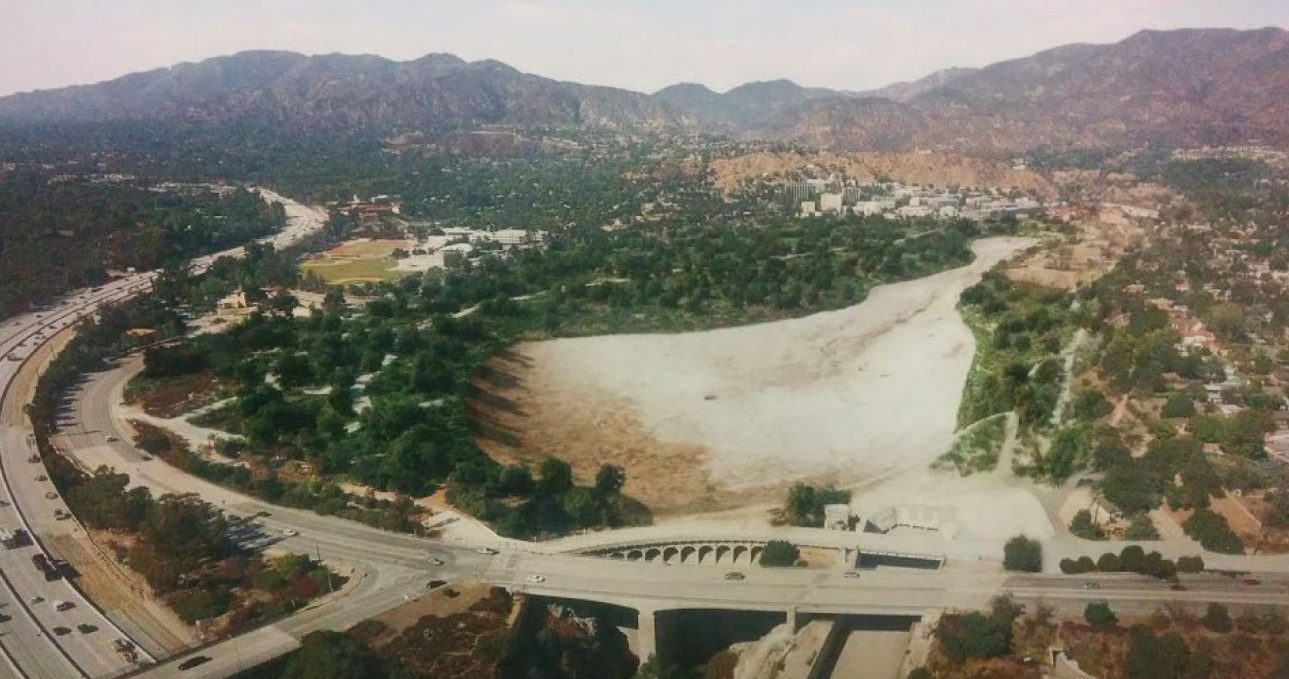
By Emily G. Peters
Americans are getting better at what they put into their bodies. Though not new, the organic food movement has picked up speed in the last few generations, taking plenty of processed and genetically modified foods with it. Still, notwithstanding manifold media attempts to encourage this shift in U.S. eating habits, many people—especially those in cities—remain disconnected from the true source of their food supply.
Part of the challenge centers on access. While more farmers markets than ever are bringing local produce to the city, some have wondered how food systems might further benefit if farms could exist within the city itself. It’s a concept that Farmscape, a Bay Area-based startup with a Los Angeles arm, has spent the last ten years developing.
“For me, the business started out being about the food, but has transformed over the years into being more about the relationships that you form with people around the food,” explains Dan Allen, Farmscape CEO. “Farmscape specializes in creating highly productive urban farms that double as beautiful and dynamic landscapes.”
Using a team of landscape architects, farmers, foremen and more, Farmscape designs, installs and maintains these urban farms in spaces where soil is scarce. They’ve created farms in Pasadena residences, on top of SoCal apartment buildings and even behind AT&T Park in San Francisco. But how much space does it really take to get started?
“The projects that we design and manage involve at least 100 square feet of growing space, but that doesn’t mean you can’t grow your own food even if you’re working with a window ledge, patio or balcony,” says Allen. “Even growing your own herbs is a great place to start, and something you can do with some friendly advice from a local nursery. For folks that have more ambitious food production in mind, we’re happy to help.”

To feed the pipeline of future farmers, Farmscape offers paid apprenticeships at its larger farm sites. For those interested in flexing their green thumb, volunteering is encouraged with local urban farming organizations like the Los Angeles Community Garden Council and Los Angeles Green Grounds. Farmscape is mindful about food waste, too, helping to create a cycle of sustainability.
“We partner with Seeds of Hope to donate excess harvest and garden supplies,” says Allen. “The harvests are then distributed through food bank sites, while the garden supplies are used to support community gardens.”
Ultimately, it all comes down to that term: sustainability. By utilizing available urban space, Farmscape is re-configuring how city-folk engage with the future—with the hope of making fresh, healthy foods more readily available.
“There are more people in the world to feed than ever before—and at the same time, we’re becoming increasingly aware of the positive impact that fresh, organic produce can have on health and well-being,” says Allen. “There are a lot of variables that go into an effective food system, of course, but there’s a strong consensus that urban agriculture will play a key role in the years to come.”
Farmscape is located at 5619 Monte Vista St. in Los Angeles. For more information about how you can start urban farming, contact Farmscape at farmscapegardens.com | (323) 454-2888 and follow along on Facebook and Instagram @farmscape.






